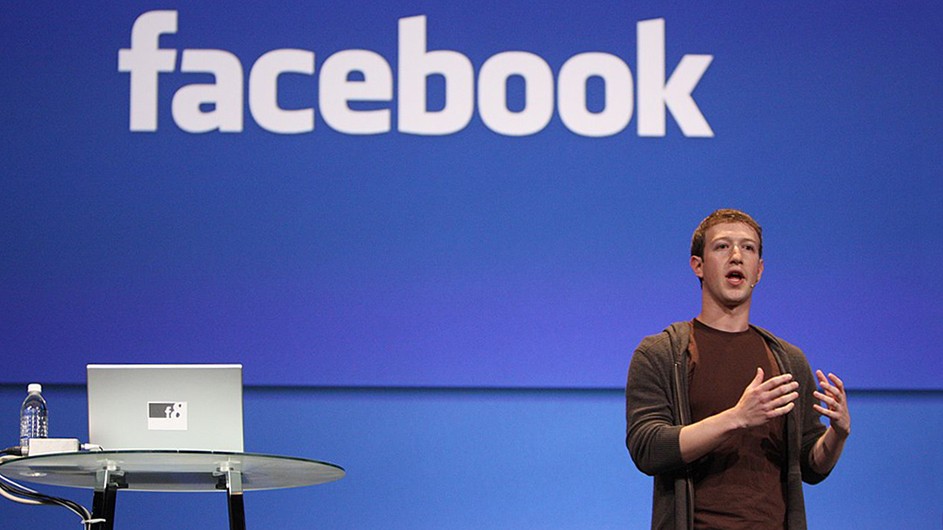The news that Facebook will ban new political advertising online from the end of October through the U.S. election is welcome, but only a small step in the right direction.
It’s no secret that the U.S. electoral system needs to change: turnout is low compared to other democracies and we still haven’t established basic rules such as weekend and universal mail-in voting. Citizens United and other court decisions have allowed dark money and large corporate interests to finance political campaigns. The Federal Election Commission is paralyzed and has been for years. The Honest Ads Act, which would force source disclosure of online political advertising, has not passed Congress and some local laws attempting to require such disclosure have been struck down by the courts.
Shockingly, online political advertising is still unregulated in the U.S., and it’s beyond time for Facebook, now a major source of political news, to mend its ways of doing business without waiting for government regulation.
A number of excellent recommendations have been put forward this year including, banning the microtargeting of such ads to audiences, disclosing all funding of political adverts (above and beyond the existing but weak Ad Library) and how such ads are boosted, and broadening the definition of what is considered “political advertising” because issue advertisements and fake news sites are essentially political messaging that skirts the edges of what is a political advert.
There is plenty to learn from other countries. For instance, French election-spending laws ban foreign funding, place ceilings on spending, require disclosure of spending, and prohibit paid advertising for three months before an election. Two years ago, France passed a law requiring tech companies to disclose how much they receive for political adverts and who is paying for them. This rule applies to all information that concerns the public debate.
All of these are good ideas. Facebook and other tech companies should implement them right away.
Many of us don’t understand why Facebook is in the political advertising business at all. After all, it doesn’t help its coffers and only serves to aggravate public distrust in the company.
Instead of taking political adverts and funded political issue messaging, the tech companies could subscribe to a “voluntary fairness doctrine” in which they commit to providing quality election news on subjects that matter. Facebook has already begun providing information on how to vote. This would just take that one step further and include a commitment to livestream debates, town halls from candidates, and news from trusted sources. Instead of embracing the worst, they could embrace the best and look to public service broadcasters as an example of how to build democracies rather than profiting from polarization.
In doing so, Facebook and other tech companies could help ensure that a wide range of voices are heard and provide quality information for all instead of just selling the microphone to those who can pay or handing it to those who have figured out how best to game Facebook.

